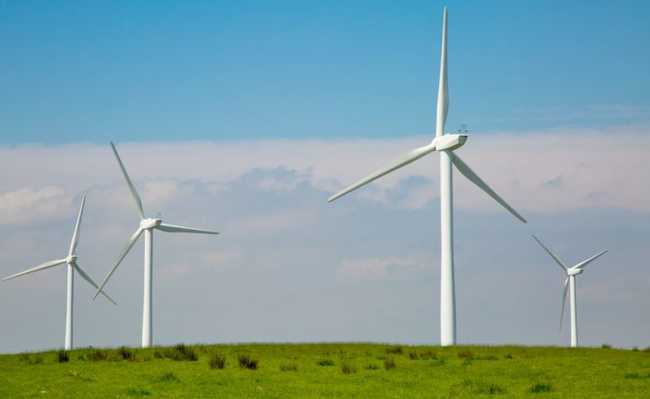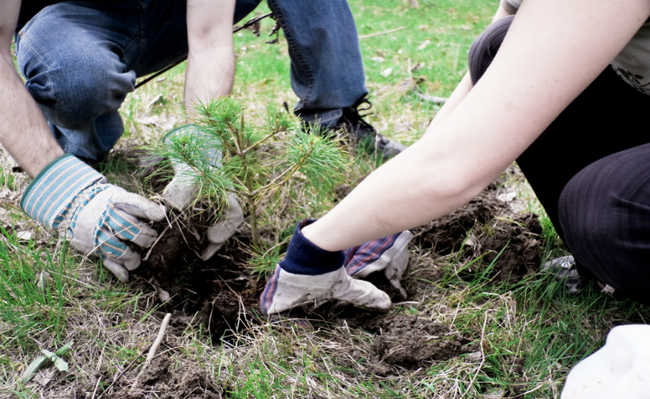World Animal Protection launches guide for conscientious consumption
The material provides information on how the cruel practices of today's intensive farming systems can affect human health and the environment

The World Animal Protection (World Animal Protection) launches Conscious Consumption Guide, the material provides information on how the cruel practices of current intensive farming systems can affect human health and the environment. To get an idea of the problem, currently, the population consumes 30% more than the planet's regeneration capacity and for every person in the world, there are 10 farm animals raised in a system that disregards their physical and psychological needs.
- The dangers and cruelty of animal confinement
- Vegan philosophy: know and ask your questions
In light of this scenario, the guide offers simple tips on how to buy and consume meat in a more sustainable way, respecting the well-being of the animals. In addition, it explains in a clear and didactic way the fundamental rights that all animals must have access to: to be free from hunger and thirst; be free from discomfort; to be free from pain, disease and abuse; having the freedom to express natural behaviors; be free from fear and stress. However, in current breeding systems, they are subjected to cruel and unnecessary practices, such as extreme confinement, preventive mutilation, overcrowding of facilities and impoverished environments that hardly resemble their natural habitat.
- Reducing red meat consumption is more effective against greenhouse gases than stopping driving
- Vegan diet: 25 products to discover
says Paola Rueda, Animal Welfare Coordinator for World Animal Protection.
- Intensive animal husbandry for meat consumption impacts the environment and consumer health
To access the full guide, visit: www.worldanimalprotection.org.br/guia-consumo-consciente.
About World Animal Protection
The World Animal Protection (formerly known as the World Society for the Protection of Animals - WSPA) has been changing the world to protect animals for more than 50 years. The organization works to improve the welfare of animals and prevent their suffering. The organization's activities include working with companies to ensure high standards of welfare for the animals in its care; work with governments and other stakeholders to prevent wild animals from being cruelly traded, imprisoned or killed; influencing public policies in the areas of zoonoses control, population control and responsible pet keeping; and saving the lives of animals and the livelihoods of people who depend on them in disaster situations. The organization influences decision makers to put animals on the global agenda and inspires people to change animals' lives for the better. For more information, visit: www.worldanimalprotection.org.br.










